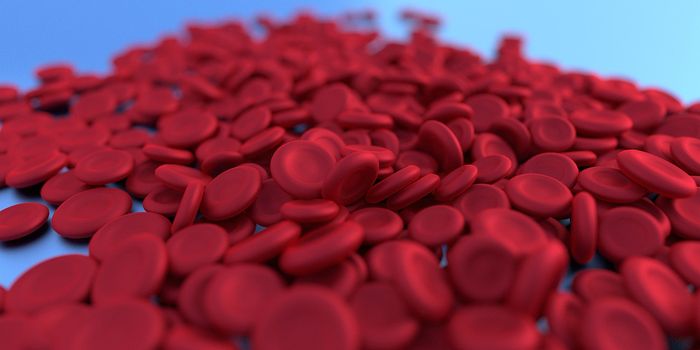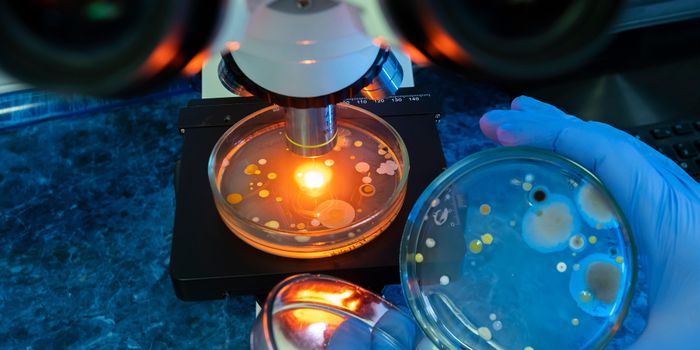One small change in the chromosomes of B lymphocytes, and the immune cells cannot proliferate and create antibodies to fight infection and cancer. A recent study shows that the protective abilities of a particular enzyme might be the key to a powerful population of protective B lymphocytes.
An enzyme called uracil-DNA glycosylase (UNG) protects the ends of B cell chromosomes so that the cells can continue to divide and give rise to antibodies to target foreign antigens. Researchers from Rockefeller University believe that promoting this protective mechanism could help treat certain types of non-Hodgkin’s lymphoma in addition to other infections.
Another enzyme enters the picture once B cells begin proliferating due to a foreign antigen identified in the blood stream. Activation-induced deaminase, or AID, is a DNA-modifying enzyme that triggers mutations in the immunoglobulin genes of B cells that are responsible for the development of an increasingly diverse population of infection-fighting antibodies. This diverse population is particularly capable of strong binding of foreign antigens and the stimulation of various immune responses.
Unfortunately, the AID enzyme also has a “dark side;” the same mutations in makes in the B cell immunoglobulin genes can also lead to tumor growth in cancers like non-Hodgkin’s lymphoma. Even more, non-Hodgkin’s lymphoma tumor cells often overexpress AID on their own, exacerbating the growth of tumor cells.
The study from Rockefeller University investigated the potential of UNG to repair the mutations made in the B cell genome by AID enzymes to prevent the growth of non-Hodgkin’s lymphoma tumors: were AID enzymes targeting the telomeres of B cells? Using mouse models, scientists saw that without UNG, B cell telomere mutations from AID caused the ends of B cell chromosomes to rapidly shorten, drastically reducing the antibody-producing cells’ ability to proliferate.
"UNG can contribute to lymphomagenesis by protecting telomeres from AID-induced damage," said study leader Ramiro Verdun. "We show that cancerous human B cells expressing AID require UNG for proliferation, suggesting that targeting UNG may be a means to delay the growth of AID-positive cancers."
Verdun’s study was recently published in
The Journal of Experimental Medicine.
Source:
The Rockefeller University Press









